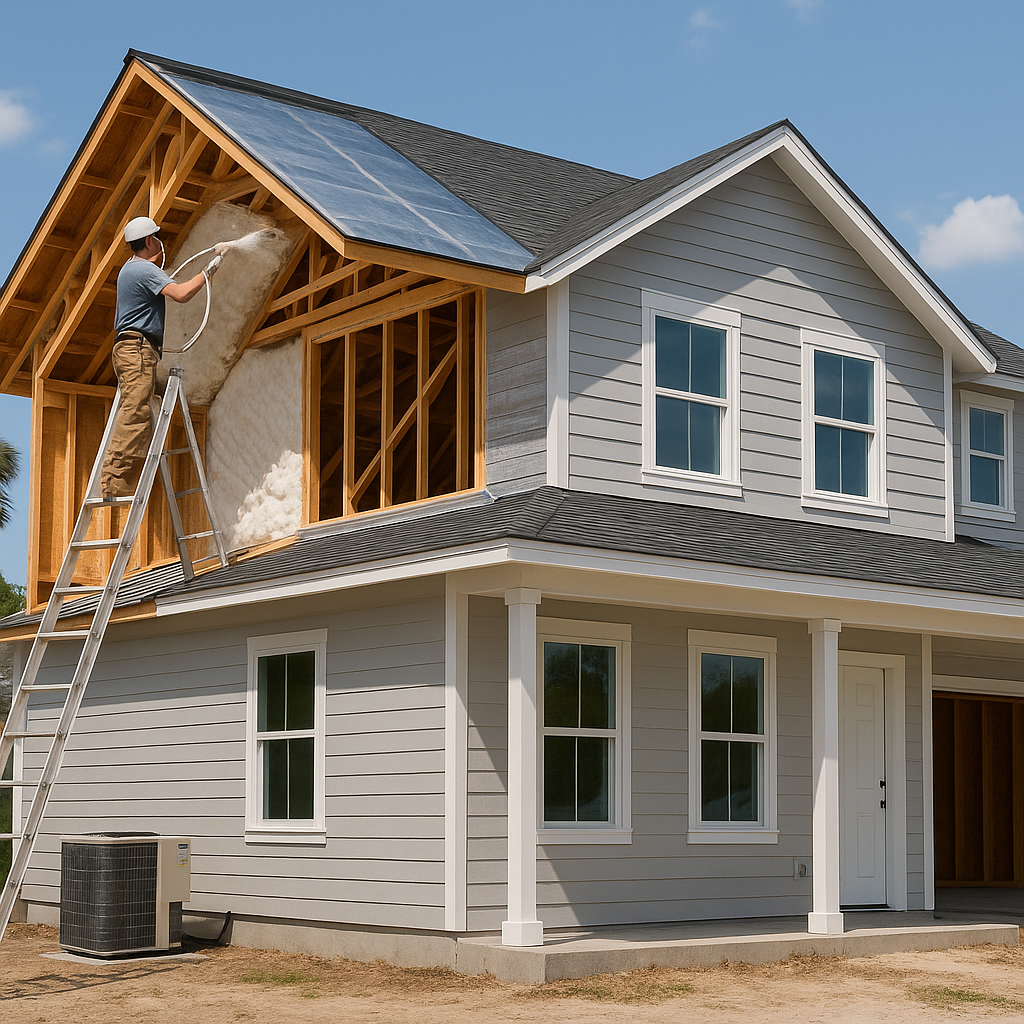By using our website, you agree to the use of cookies as described in our Cookie Policy
a
Rss Feed
How to Prevent Water Heater-Related Flood Damage in Your Property
When it comes to home maintenance, one of the critical yet often overlooked components is the water heater. While this appliance quietly operates in the background, it can cause significant issues if not properly maintained. These issues would require thorough water damage restoration afterward. In this guide, we provide actionable tips to prevent costly flood damage in your home.
Understanding Your Water Heater
Your water heater is not merely a convenience but a critical component of your home's construction. Often situated in a utility closet, basement, or garage, it efficiently heats and stores water for daily household activities such as showers and dishwashing. Whether you have a traditional tank-style water heater or a modern tankless model, each requires tailored maintenance to uphold peak performance and durability in your home's infrastructure.
Common Issues Leading to Water Damage
Before exploring prevention strategies, it's important to understand the issues that can cause water heater failures and flooding:
- Leaking Tanks - Over time, tanks can develop leaks due to corrosion or faulty plumbing connections.
- Pressure Buildup - Excessive pressure within the tank can lead to bursts or leaks.
- Sediment Buildup - Accumulation of sediment can reduce efficiency and damage heating elements.
- Faulty Temperature and Pressure Relief (TPR) Valve - A malfunctioning TPR valve can cause pressure buildup and tank rupture.
Preventive Maintenance Tips
Consistently maintaining your water heater is crucial to preventing severe water damage. Below are some practical steps that you can do at your property:
- Annual Inspections by Professionals - Schedule annual inspections by a qualified plumber to check for signs of wear and potential leaks. They will examine the tank, connections, and valves to ensure everything functions correctly.
- Flush Sediment Regularly - Flushing the tank annually helps remove sediment buildup, which can extend the lifespan of your water heater and improve its efficiency.
- Check and Replace Anode Rods - Anode rods are parts in water heaters that attract corrosive elements, preventing them from damaging the tank. Inspect these rods annually and replace them if they are heavily corroded to keep your water heater in good condition.
- Monitor Temperature Settings - Setting your water heater's temperature to a safe yet efficient level (typically 120 degrees Fahrenheit) not only prevents scalding but also reduces the risk of pressure buildup.
Signs of Trouble: When to Act
Recognizing early warning signs can prevent minor issues from escalating into major water heater failures. Whether you're a homeowner or property manager, watch out for:
- Rusty Water - Rusty water suggests that there is corrosion happening inside the water heater tank.
- Strange Noises - Often caused by sediment buildup or failing heating elements.
- Water Leaks - Even small leaks can indicate impending failure.
- Fluctuating Water Temperatures - An inconsistent hot water supply may signal a heating element problem.
- Foul Odors - Smells like rotten eggs could mean bacteria growth inside the tank.
Emergency Procedures: Flood Mitigation
Despite meticulous maintenance, emergencies can still occur with your water heater. Being prepared and knowing what to do during such an event can significantly minimize potential damage. First, locate the shut-off valve and promptly turn off the water supply to the heater to stop the flow of water. Next, for electric water heaters, switch off the power at the breaker panel. For gas-powered heaters, safely turn off the gas supply to prevent any further risks.
If a flood occurs due to a broken water heater, you will need professional water damage cleanup to restore your home. Prompt response can minimize the impact of flood damage and lower the expenses involved in cleaning up afterward.
Proactive Water Heater Maintenance Against Flood Risks
Proactive home maintenance plays an important role in protecting your home's construction from potential water damage. By adhering to these preventive maintenance tips and remaining alert to signs of trouble, you can prolong the lifespan of your water heater. This approach not only enhances efficiency but also prevents costly flood damage that could impact your home's structural integrity.
‹ Back






.png)
